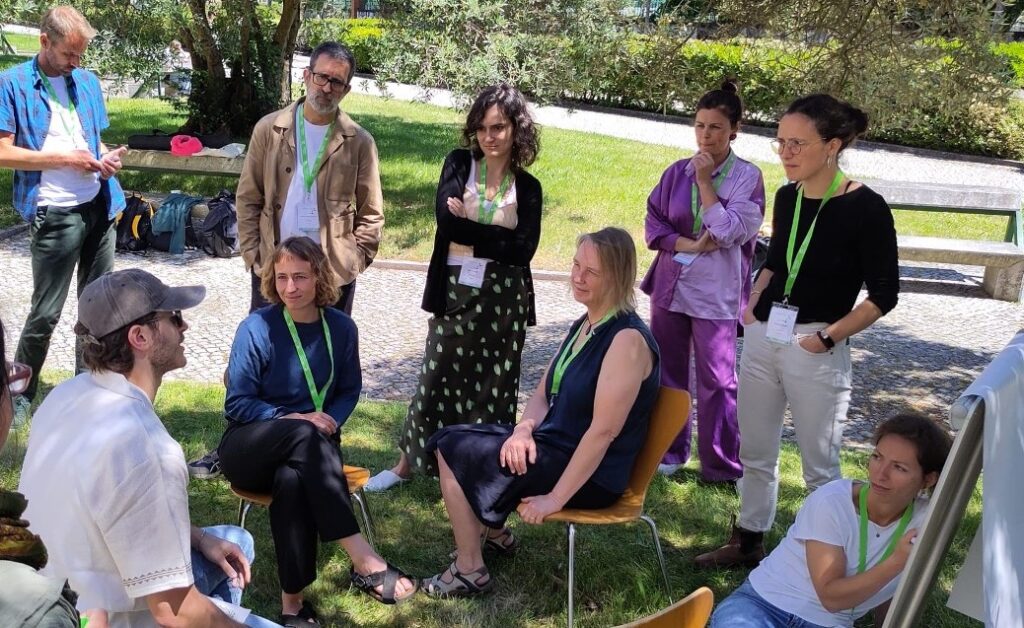We are delighted that Defra has published our report on how professional fishers and recreational anglers participate in the management and science of fisheries in England. Over 600 people took part in the research, through interviews or by answering a survey.
The research set out to answer ten questions about how fishers and anglers had experienced taking part in fisheries management and science. We make no policy suggestions in this report as it was not part of the brief.
On paper, it looks as if fisheries management has ways in which fishers and anglers could participate. Indeed we found that many of those who work close to policymaking have found it offers chances to participate. But many other people report that they have not had the opportunity to participate, and they would very much like to do so.
The situation with fishers is one that we characterise as a low trust environment. Barriers to nurturing more meaningful relationships include cultural ones, where differences are not acknowledged, and active listening is missing. In this environment, joining groups is not seen as very effective, and those who have engaged often would not repeat the experience.
Anglers, in contrast, have far less experience of engaging with either fisheries management or science but are very keen to do so. In addition, our online survey showed that those involved in angling clubs have attitudes towards trust and collaboration that make them well qualified to take part.
Fishers and anglers generally expressed a strong desire to participate and their knowledge and expertise to be acknowledged. The local, personal and oral communications are significantly valued, suggesting ways of building trust and community. We found examples of people building thriving communities, which indicate that capacity and ability for better outcomes remains.
One of the success factors to participation is to understand the limits of national policy. Often discussions are dominated by a policy that only impacts larger businesses, whilst local supply chains, access to harbours, or myriad small business problems are more pressing for fishers.
Although fishers and anglers take a more positive view of fisheries science, cultural distance and mutual understanding are problematic. Both groups feel there their understandings and experiences are not consistently recognised.
Matt Reed, the project leader for this research, said, “This is a critical report that can help all those involved increase their understanding of the shared problems of the marine environment. Hundreds of people took part in it, and we would like to thank them for their contribution and trust in us.”
You can download the report here:
Assessing Participation of the Fishing Sectors in UK Science and Management





